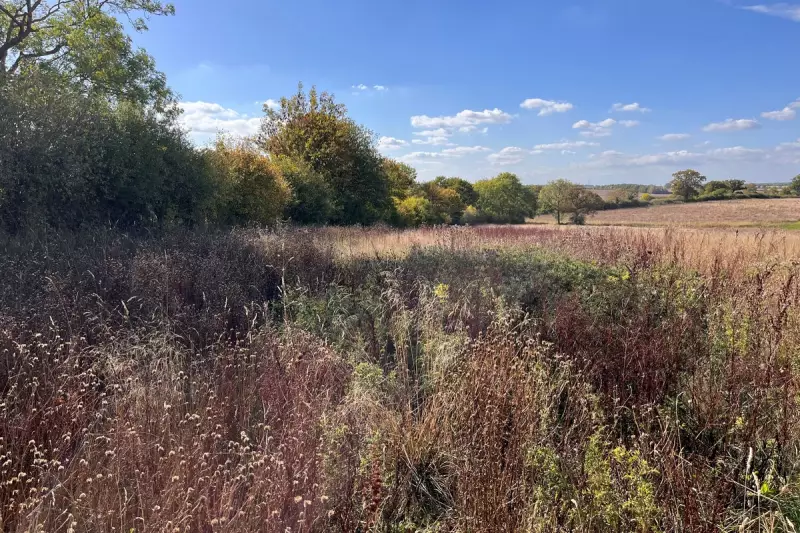
In a remarkable transformation of the British landscape, farmers and conservationists are joining forces to reintroduce native species and traditional practices that are revolutionising countryside management. From the wetlands of Cornwall to the moorlands of Devon, nature is being given the tools to restore itself.
The Beaver's Return: Nature's Master Engineers
Once hunted to extinction in Britain, beavers are making an extraordinary comeback as "ecosystem engineers." These remarkable creatures are being strategically reintroduced to create wetlands that benefit countless other species.
"Beavers are nature's solution to so many environmental challenges," explains a local conservationist. "Their dam-building activities naturally slow water flow, reduce flooding downstream, and create rich habitats for insects, amphibians and birds."
Dartmoor Ponies: The Unsung Heroes of Conservation
Meanwhile, on the sweeping landscapes of Dartmoor, traditional pony breeds are playing a crucial role in maintaining biodiversity. These hardy animals naturally manage vegetation, preventing scrub encroachment and allowing rare plants to flourish.
The ponies' grazing patterns create a mosaic of habitats that support everything from rare butterflies to ground-nesting birds. This traditional approach to land management is proving more effective and sustainable than modern mechanical methods.
Post-Brexit Farming: A New Environmental Frontier
The shift towards rewilding coincides with significant changes in agricultural policy following Britain's departure from the European Union. The new Environmental Land Management schemes are encouraging farmers to prioritise environmental benefits alongside food production.
"Brexit has given us an opportunity to completely rethink our relationship with the land," says a farming policy expert. "Instead of being paid simply for owning land, farmers are now rewarded for delivering environmental services that benefit everyone."
Wilding Fields: Where Agriculture Meets Ecology
At the forefront of this movement are projects like the "wilding fields" initiative, where conventional farming is being reimagined. These areas combine food production with habitat creation, demonstrating that agriculture and conservation can work hand-in-hand.
The results speak for themselves: increased biodiversity, improved soil health, natural flood management, and enhanced carbon sequestration. Local communities are reporting cleaner water, more wildlife sightings, and renewed appreciation for their natural heritage.
The Future of British Countryside
As climate change accelerates and biodiversity declines, these innovative approaches offer hope for a more resilient future. The success of rewilding projects across the UK suggests that sometimes the best thing we can do for nature is to give it space to manage itself.
With public support growing and government policies increasingly favouring environmental restoration, Britain's countryside is undergoing its most significant transformation in generations – proving that when we work with nature rather than against it, everyone benefits.





